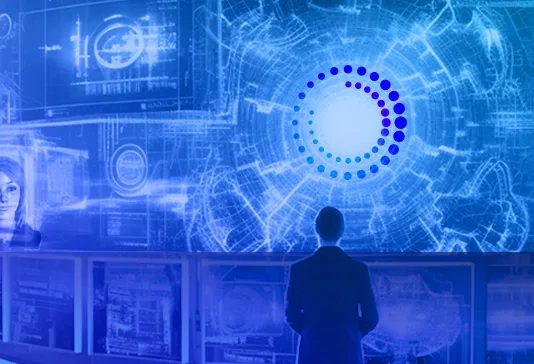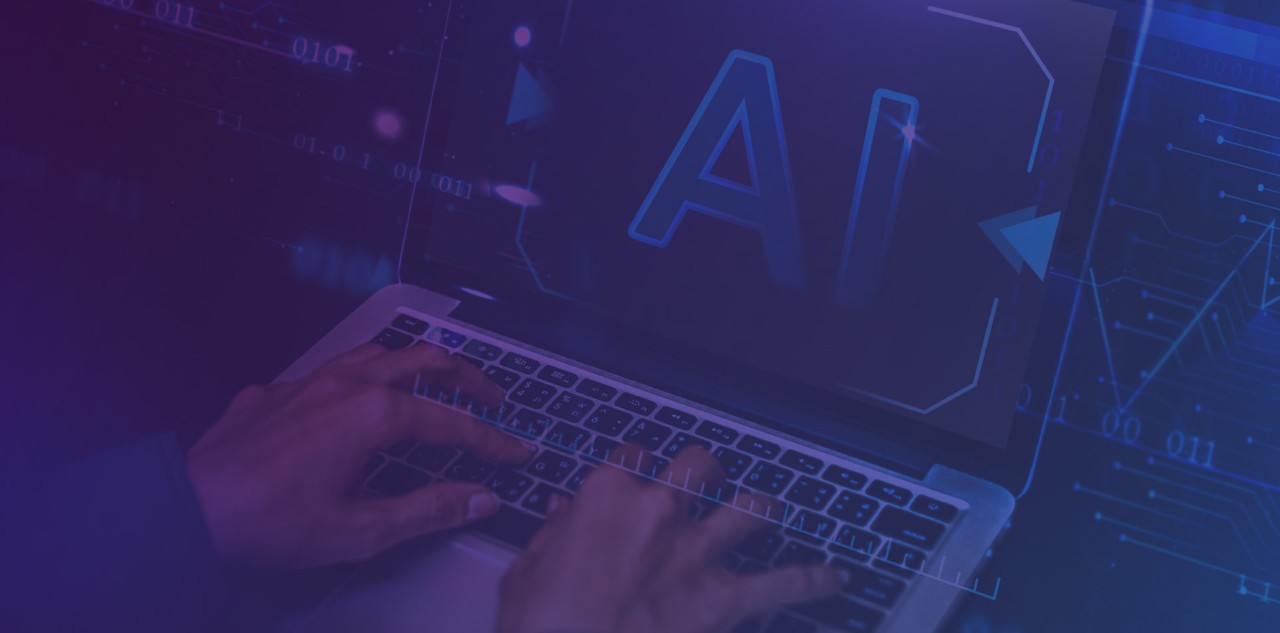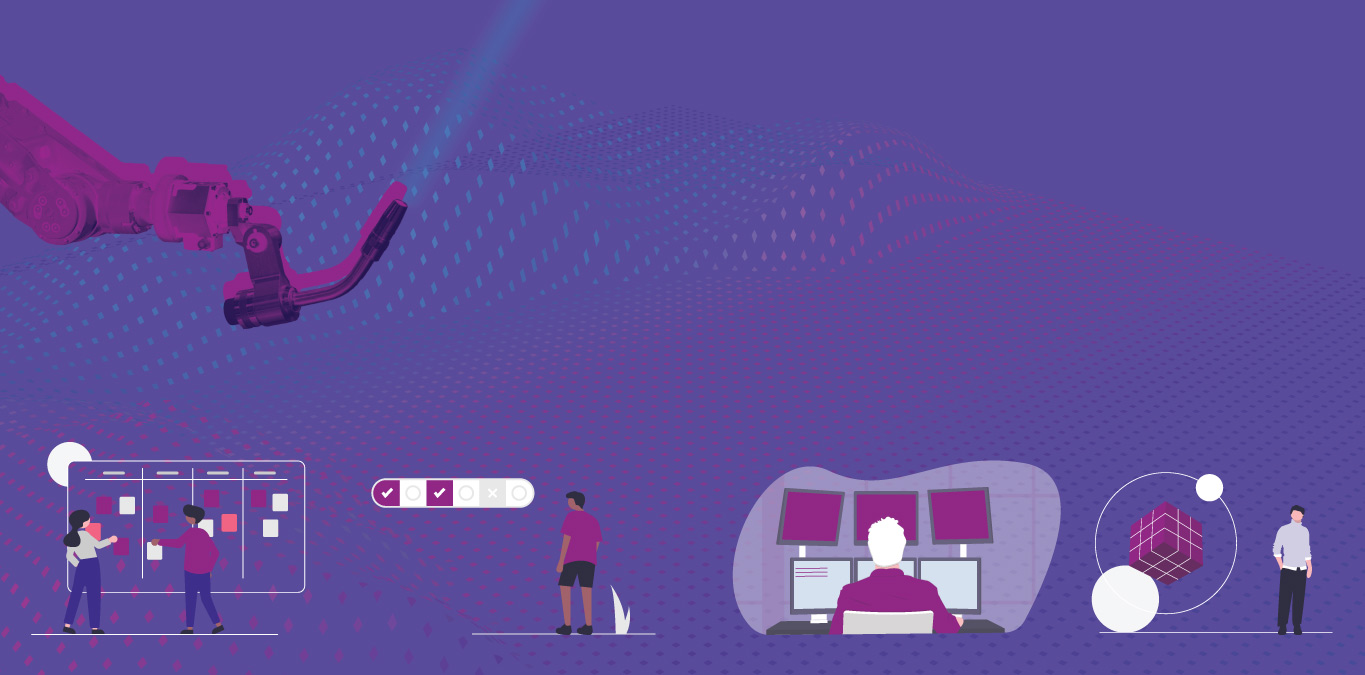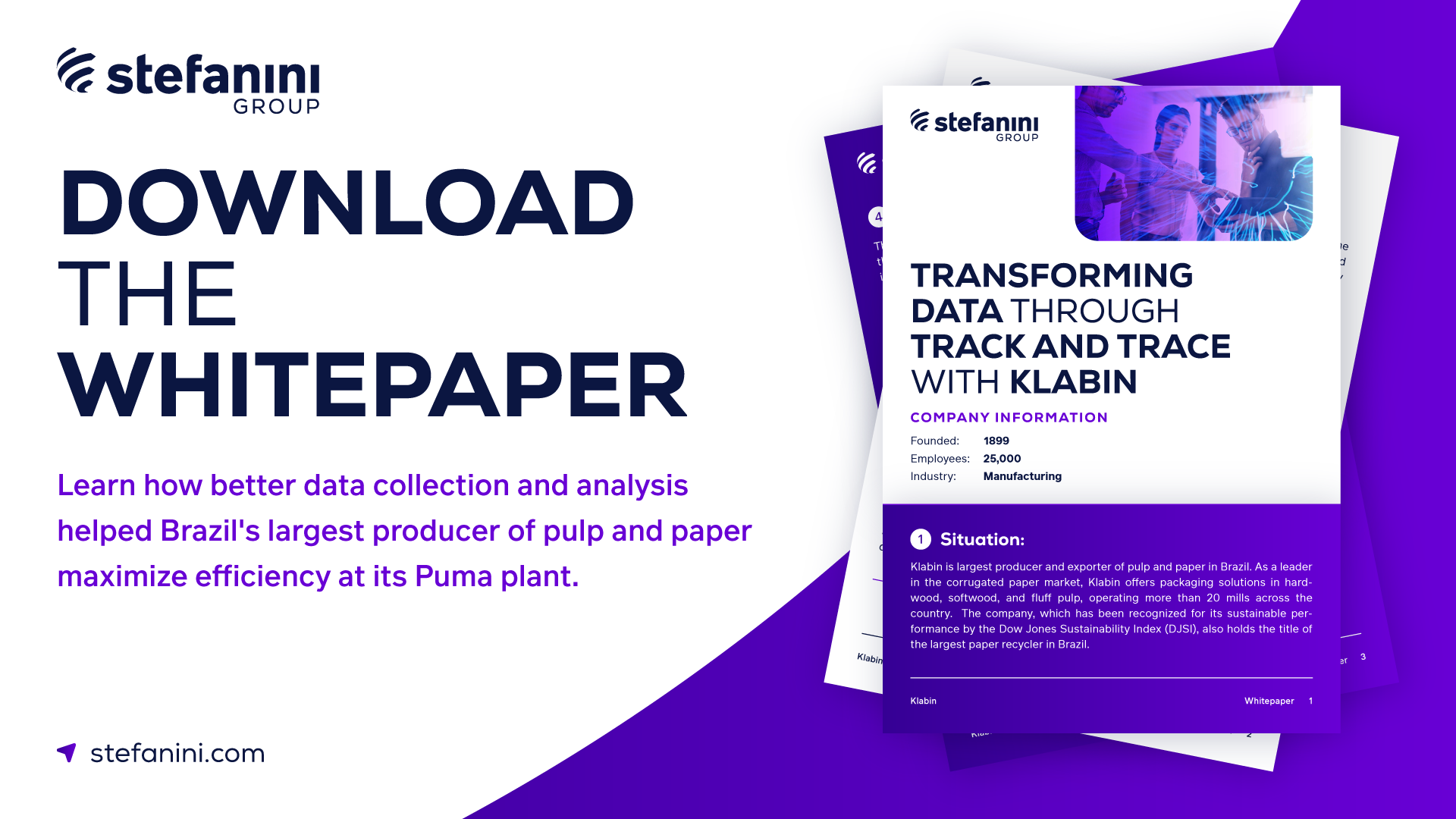Gone are the days when automobiles were all about metals and mechanics. Instead, cars have become two-ton smart devices with extraordinary features, holding 300M+ lines of programming. In addition, big giants like Tesla, Jaguar, and Mercedes-Benz have adopted the latest technologies, DevOps, and cloud computing to offer their customers the next level of services.
The convergence of these technologies will gain massive traction due to the increasing need for fast application delivery and high-quality products. What does that growth mean for the automotive industry? Let’s find out how this DevOps and cloud help automakers accelerate time-to-market.
Why is DevOps a must-have in the automotive industry?
Technology is evolving and people expect everything to be automatic. The automotive industry has reached the stage where updating, upgrading, improving, and repairing units often requires continuous development and deployment of software updates. To achieve this kind automation, the automotive industry should implement DevOps practices.
DevOps in the automotive industry helps deliver quality products by implementing testing practices. Since most road accidents happen due to human errors, rigorous testing helps avoid them, ensuring product durability.
OEMs that have adopted DevOps practices report reduced time-to-market, improvements in product quality even after release, increased efficiency, fast experimentation, and customer satisfaction.
Companies in the automotive industry that implement DevOps can more easily keep up with changing market standards, customer expectations, and competitors.
Here are some case studies of DevOps in the automotive industry:
Uber: Uber has used continuous delivery and DevOps methods to deliver great features. We can imagine the scalability of Uber as an example:
- 1000s of microservices
- 10000+ deployments per day
- 1000s builds per day
- 100k+ service containers per cluster
- 1m batch containers per day
Tesla & driverless cars: Tesla’s autonomous system has drawn attention in the automotive industry due to its over-the-air (OTA) update functionality. It is a liquid software that enables a competitive edge in the modern autonomous vehicle era.
Leverage the latest in cloud adoption and modernization. Click here to visit our Cloud Enablement Solution page.
Cloud & the Automotive Industry
DevOps and cloud computing transform your legacy processes into a well-oiled machine, accelerating your product’s time-to-market. Here are some examples of how the cloud has disrupted the automotive industry.
- Cloud enables collaboration between distributed teams that work across the globe. Combined with DevOps, cloud solutions provide simultaneous development through version control systems without sending files back and forth.
- Cloud computing allows the development of experimental test environments without any need to develop, maintain, and scale physical hardware. In DevOps, testing and other processes are continuous and do not end once the product is released. Therefore, virtual testing environments like these are mission-critical.
- Cloud computing technology embraces on-demand characteristics, freeing OEM development teams from the necessity to build physical servers for their automotive software solutions.
Cloud can make the implementation seamless at each development stage, but it is not a part of DevOps. Simply put, cloud-computing technology helps DevOps teams accelerate time-to-market or lessen downtime.
How DevOps & Cloud Computing Disrupted the Automotive Industry
The combination of DevOps and cloud computing simplifies the entire process and saves time and effort to ensure the quality of the overall product. Here’s what this tech combo offers.
Improved security
As technology grows, many threats are bound to happen. This way, this combination of two technologies has become extremely successful.
DevOps embrace built-in security protocol that delivers protection against compliance and several other cyber-attacks. As a result, the DevOps team can easily maintain security by neutralizing threats in the initial stages of development.
On the other hand, cloud-computing technology enables the automotive industry to manage valuable data over remote servers. In addition, it ensures data security against any natural disaster or cyber threat.
Overall Cost Reduction
The blend of these two technologies can reduce operational costs significantly. For example, cloud computing reduces the need to install big servers, which need timely maintenance for data storage and processing tasks. With the help of cloud computing technology, businesses can shift the maintenance burden to service providers, saving time and money.
Furthermore, combining DevOps and cloud computing saves maintenance costs and provides faster and easy access to data while saving time and effort.
Overall System Performance
DevOps follow agile methodology, which enables the automotive industry to make changes regardless of any phase of development or single vehicle model. This methodology has always been improving this industry by providing an optimum level of customer satisfaction by offering continuous monitoring and improving the functions and operations of the final product.
Modern vehicles come with sensors that receive on periodic updates in order to optimize their performance. Hence, by merging these two technologies, modern cars can update their features and functionalities, such as GPS for navigation, and ensure they can work properly without any lag. Apart from these, there will be advancements in features and updates that require a continuous flow of data.
Data Backup
Vintage cars from the late 90s and 20s didn’t have any modern features and thus didn’t require data storage. However, with modern features like internet connectivity, today’s cars store surplus data such as driving habits, phone call records, photos, car location, fuel usage, navigation, etc.
Data must be stored in a safe place, which provides maintenance to scaling the data, was challenging. The automotive industry can keep data safe by connecting with cloud providers that offer regular backup sessions. Cloud environments also saves the environmental costs that could be a big loss in case of serious system breakdown.
DevSecOps is a practice that focuses on security within DevOps. DevSecOps is development, security, and operations and covers both compliance and protection against potential cyberattacks. This practice ensures that software is continuously monitored for cyber threats and attacks when the final product is released. It also ensures that the software is immune to cyberattacks and remains 100% compliant every moment.
Whether there is an earthquake, storm, or another natural disaster, automotive cloud technology ensures that the data is stored and will remain safe and intact.
Innovation in Entertainment Systems
In the early 1990s or 2000s vehicles, the entertainment systems were very limited to CD players or built-in radios. However, today’s cars have entertainment systems with abundant features and functionality with internet connectivity. It has become easier to access maps, stream podcasts and songs, etc. Vehicles come with touchscreen infotainment systems, and users can control various actions through the touch panel. Some can even be controled via voice command. All these are thanks to DevOps and cloud computing, which make the driving experience with theses auxiliary systems richer and seamless.
Zero Expenditure for Complex In-House IT Infrastructure
Testing challenges are common for connected vehicles. From setting up and maintaining to scaling on premise infrastructure, these time-consuming challenges slow down time-to-market and result in high production costs.
Automotive cloud technology solutions can help developers solve these challenges since they are scalable at a relatively low cost. Therefore, as the company grows, there is no need to invest in extra hardware. These same benefits apply to testing environments. The testing simulators in the cloud offer infinite possibilities for experiment and product improvement. That’s how combining cloud-computing, and DevOps practices accelerate time-to-market and decrease production costs.
Improvements After Product Release
As modern cars consist of multiple kinds of software that streamline their services, improving just the hardware won’t suffice. Nor will it be easy to implement new features and updates.
The reason for this is that software development and deployment have become more demanding. Application requirements can change before the final product is released. Similarly, cyberattacks are more sophisticated and, new technologies can create new vulnerabilities, unfortunately.
The simple solution is to implement DevOps, which allows OEMs to adapt to changing requirements at every stage. Apart from Agile practice, it is also about monitoring and enhancing the quality of the product even after release. Therefore, cloud computing provides connected cars, which have characteristics to implement changes over-the-air (OTA). With OTA updates, making any update in real-time, remotely, and automatically is easier.
Other Benefits of Cloud Computing & DevOps
In the automotive industry, both technologies solve many problems related to processing and storing user data, developing vehicle software, etc. It also accelerates time-to-market. DevOps apps are fast and reliable due to their automation tools. By combining this technology with cloud computing, the automotive industry receives first-class cloud solutions, which help achieve smooth, safe digital conversion. It also helps eliminate human errors, reduce overall costs, streamline development processes, and reduce time-to-market.
Conclusion
The blend of these technologies results in lower development and service error costs, saving operational costs and enhanced product quality. Undoubtedly, these technologies have disrupted the industry. However, implementing these technologies requires careful planning and innovations to get the best of both worlds. To achieve your business goals and industry standards, outsource professional tech startups or software vendors with vast experience.
Discover Stefanini Automotive Industry Solutions
Staying competitive in today’s automotive industry demands a commitment to remaining ever-adaptable.
We will work with you to develop an integrated automotive organization that functions more effectively and quickly, whether you need help with business digital assessment, strategy, planning, implementation, or your operation.
Speak with an expert today!




















